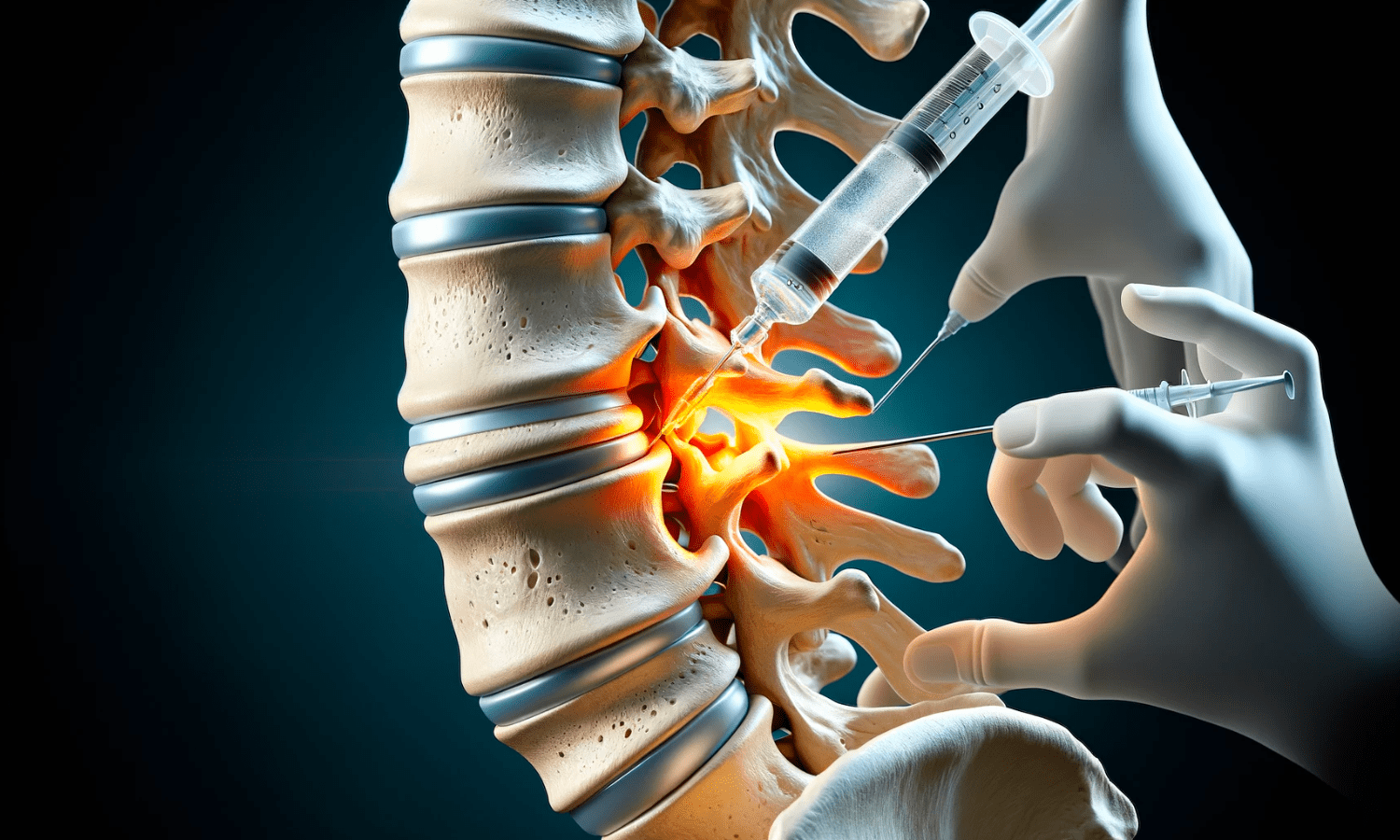How Successful Is Vertebral Augmentation?
Welcome to our deep dive into vertebral augmentation, a revolutionary approach in treating spinal compression fractures. If you or a loved one has been exploring treatment options for spinal issues, understanding the efficacy of vertebral augmentation is crucial. This procedure isn't just about alleviating pain; it's about regaining quality of life. So, how successful is vertebral augmentation? Let's explore.
Understanding Vertebral Augmentation
Vertebroplasty and Kyphoplasty: What Are They?
First, let's clarify what we mean by vertebral augmentation. The two most common forms are vertebroplasty and kyphoplasty. Both involve the injection of bone cement into a fractured vertebra, but with slight differences. Vertebroplasty is a direct injection, while kyphoplasty first involves creating space with a balloon before the cement is injected. These minimally invasive procedures aim to stabilize the spinal fracture and provide immediate pain relief.
The Goal of the Procedure
The primary goal of vertebral augmentation is not just to treat the fracture but also to improve patient function and quality of life. It's about getting back to your daily activities without the debilitating pain that comes with spinal fractures.
Evaluating the Success of Vertebral Augmentation
Success Rates: Beyond Numbers
When it comes to success, vertebral augmentation boasts significant figures. Studies have shown impressive rates of pain relief and functional improvement. But what does this mean for patients? It translates to less reliance on pain medication, improved mobility, and a faster return to normalcy.
Comparative Analysis: Vertebral Augmentation vs. Conservative Management
Comparing vertebral augmentation to conservative treatments like rest, medication, or bracing, we see a marked difference. Patients undergoing augmentation often report quicker pain relief and a faster return to daily activities. However, it's essential to consider individual circumstances when choosing the right treatment.
Effectiveness in Different Demographics
Interestingly, vertebral augmentation shows varying levels of success across different age groups and health backgrounds. For instance, older patients with osteoporosis-related fractures might experience different outcomes compared to younger individuals with different etiologies for their spinal fractures.
Risks and Complications
Navigating Through the Risks
No medical procedure is without risks, and vertebral augmentation is no exception. While the benefits can be significant, it's vital to discuss potential complications with your healthcare provider. These may include infection, bleeding, or adverse reactions to the bone cement. However, such complications are relatively rare, and with experienced medical professionals, the risks are significantly minimized.
Understanding Complications in Context
It's important to contextualize these risks. When weighed against the debilitating effects of untreated spinal fractures, the potential complications of vertebral augmentation are often deemed a worthwhile risk. Patient selection and proper technique are key in minimizing these risks.
Weighing the Success Against the Risks
In conclusion, vertebral augmentation stands out as a highly effective treatment for spinal compression fractures, offering significant pain relief and improved quality of life. Its success in various patient demographics highlights its versatility as a treatment option.
However, it's crucial to approach this treatment with a balanced perspective. Understanding the risks and discussing them with your healthcare provider will ensure you make an informed decision. Vertebral augmentation is not just a procedure; it's a pathway to regaining your life without the shadow of spinal pain.
Ready to Take the Next Step?
Are you considering vertebral augmentation for yourself or a loved one? Don't navigate this journey alone. Schedule an appointment with our specialists at Indiana Vascular to receive expert guidance and personalized care tailored to your specific needs. Let's take the first step together towards a pain-free life. Contact us today!
References
StatPearls. (2023). Vertebral Augmentation - StatPearls - NCBI Bookshelf. Retrieved from https://www.ncbi.nlm.nih.gov/books/NBK547726/

